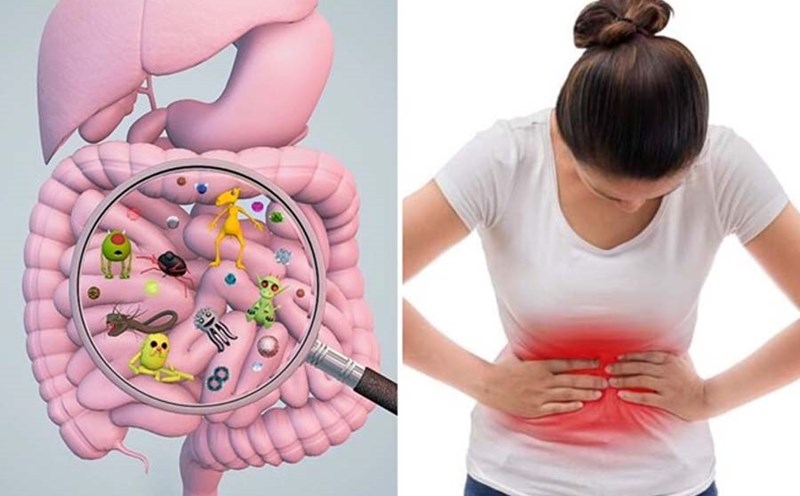The liver not only plays a detoxifying and digestive support role but is also closely related to cardiovascular health. According to Dr. Shrey Kumar Srivastav (Sharda Hospital, Noida, India), when the liver isprone, the risk of heart disease will increase significantly. Therefore, regular care and check-ups for liver function are an important step to keep your heart healthy.
The connection between the liver and the heart
Dr. Shrey Kumar Srivastav said that the liver and heart work closely together in many important physiological functions.
Regulates cholesterol: The liver helps control LDL (bad cholesterol) and HDL (good cholesterol). Weak liver can lead to increased LDL, which can clog blood vessels and heart disease.
Control blood sugar: The liver stores and releases glucose. When this function is impaired, the risk of insulin resistance and diabetes increases, which are major risk factors for cardiovascular disease.
Reduces inflammation: Fatty liver or hepatitis can cause inflammation throughout the body, affecting blood vessels, leading to high blood pressure and atherosclerosis.
Detoxification: The liver filters toxins from the blood. When the liver is weak, the accumulated toxins cause oxidative stress, damaging the heart and circulatory system.
Why should you check your liver periodically?
Early detection of underlying diseases: Lieutenant diseases often have no obvious symptoms in the early stages. liver testing helps detect early and treat timely.
Control risk factors: High liver enzymes, fatty liver, hepatitis B, C can all affect metabolism in the body, indirectly causing damage to the cardiovascular system.
Improve quality of life: A healthy liver helps the body detoxify well, thereby reducing pressure on the heart and the entire circulatory system.
How to protect your liver and heart
Regular health check-ups: Especially liver enzymes, liver ultrasounds and metabolic indicators.
Eat healthy: Limit foods high in fat, sugar, alcohol; increase green vegetables, whole grains and good fats.
Exercise regularly: Exercising at least 30 minutes a day helps control weight and reduce liver fat.
Avoid drug abuse: Use medication as prescribed, avoid arbitrarily using drugs that are harmful to the liver.











